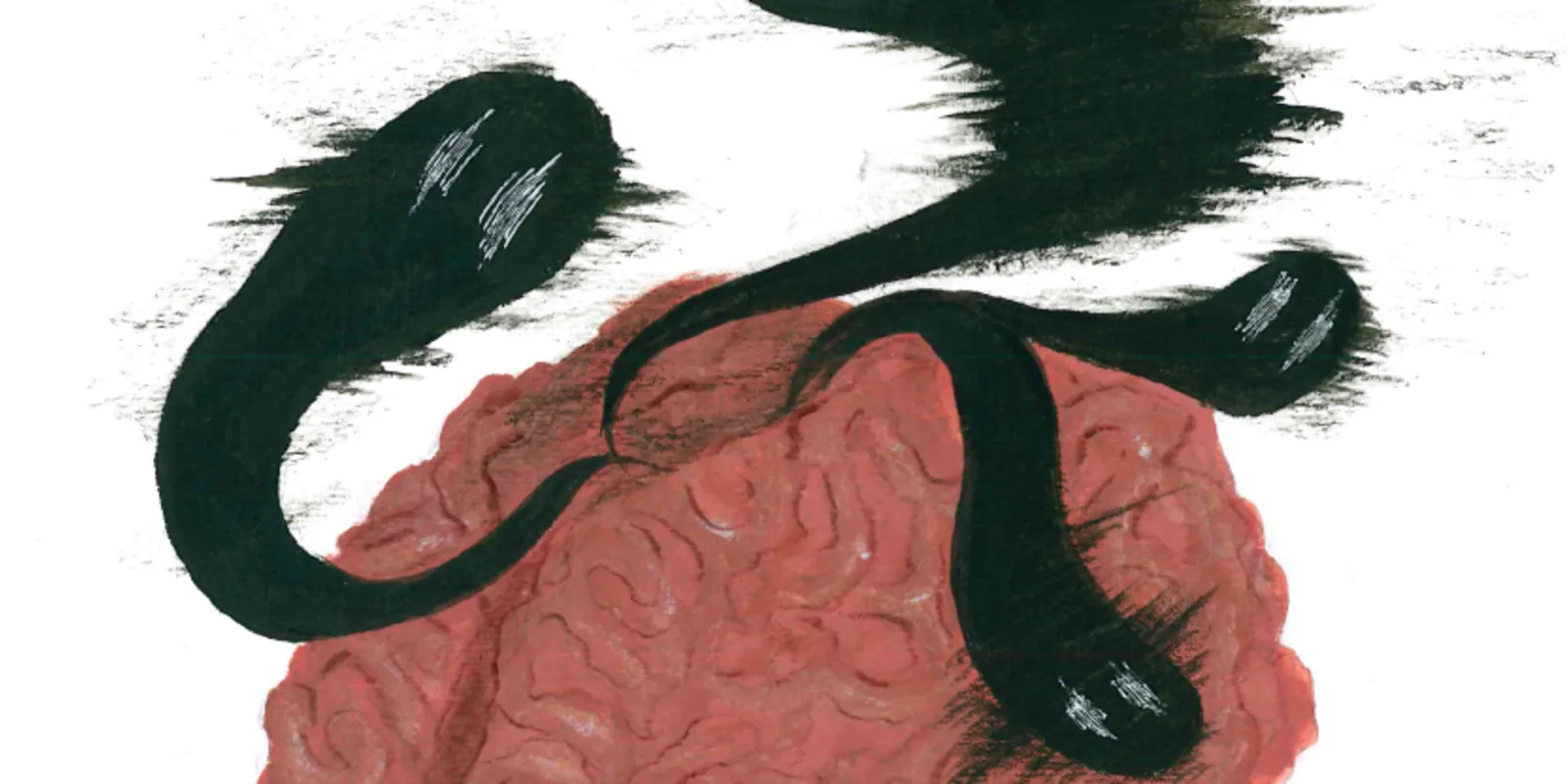
She is the ghost that haunts me.
Sitting in the living room, strapped into the McGuire designer chair that she treasured in a previous life, towel on her chest to catch the drool, hair spiked with sweat and turmoil, makeup smeared, skin and bones. Her fingers and toes, arms and legs are dissociated, as if already embalmed.
She looks out the sliding glass doors with vacuous eyes, staring at the sun-kissed Golden Gate Bridge. This was the view she always dreamed of when we were a family of five growing up on the foggy side of San Francisco.

Moaning with a volume and pitch that fluctuates between speechless and agonizing pleas, she is terrorized by unseen demons swimming through her brain, turned to mush by chemotherapy toxins to fight the cancer. The heartbreak is killing my father.
I leave the operating room, board a plane and rush across the country arriving “home” to the ghost of my mother, hovering between hell and purgatory. I kneel in front of the chair, my hands on her lap, not knowing if she even recognizes me. The mother I grew up with — the strong, single-minded, even a little mischievous mother — is no longer in residence. Any semblance of medical assessment is clouded by my own shock. I cannot reconcile the terminal patient in front of me with my need for motherly reassurance.
A ghoulish creature has taken over her body. It is my job to vanquish the serpent. I know how, and I have a plan because I know that nobody else will. With only the input of her medical consultants, she will receive a feeding tube and potentially linger indefinitely. I say, “no more food, no more forced drink,” and the body will take itself naturally into a coma. Naturally, meaning let nature take its course.
They listen to me because I am “qualified,” as if 4 years of medical school, 7 years of residency and 20 years of clinical practice can even scratch the surface of the emotional and psychological hell I am facing with the death of my own mother.
I remember the communication skills class I took in my first year of medical school. I went on to become a faculty mentor in this same class when I got a real academic job. We went through different ways to handle giving “bad news” to patients. I always emphasized listening, observing body language and just being there. The focus was on compassion for the patient or family member, never really addressing empathy or what I was feeling. Over many years in practice, I encountered a seemingly inordinate number of deaths and grieving families. Some were comforted by their religious faith, and others, without faith in a higher power, found support through friends and family. I hoped that my being there also helped them. None of this prepares me for the ghost of my mother.
As a scientist and skeptic, I lack blind faith in any god. My childish fantasies about a higher power have not evolved and are much too blurry and immature to help make sense of what I am experiencing. How many physicians are asked to treat their loved ones as if they are any other patient? This may be an explicit or implicit demand, from others or from somewhere inside of us.
For some reason, my brother, sister and father look to me for objectivity. For some reason, I can take charge even when it comes to my mother. Is it because she no longer inhabits that body, or is it because I am unconsciously suppressing deep feelings behind my “surgical mask?” When I treat her with the same level of compassion that creates a bond between my patients and me, I am better able to deal with the insurmountable crisis in my life. How could I have been so detached? This question, this person haunts me, the ghost of my mother.







